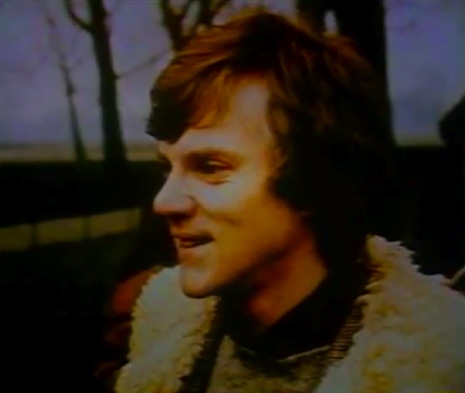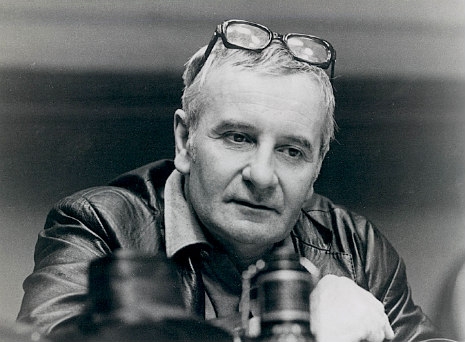
Malcolm McDowell contemplates how much it costs for him to sit on the toilet when making a movie, in this interview with Denis Tuohy from 1976.
The desk-to-desk style of this interview makes Mr. McDowell look like he is visiting his bank manager for a loan. Indeed, money prays on McDowell’s mind, as he reveals his next film Caligula was already budgeted at $7million, which is a lot of weight to have “riding on his neck.” (It ended-up costing $22m.)
McDowell is one of the finest actors in the world, who has made more than a handful of cinema’s greatest and most important films. But overall, he seems to have been often let down by his choice of roles. He talks positively about his intuition when deciding whether a script is worth doing, just by reading its first few pages. Yet, this hardly explains why he made Jezebel’s Kiss or Where Truth Lies, Disturbed or some of the other straight-to-video fodder he has appeared in since 1990.
That said, it’s probably not McDowell’s fault, rather the terrifying lack of intelligence and imagination that runs Hollywood film studios. Personally, I’d watch McDowell in anything, even The Mentalist (where, let’s be clear, his character Bret Stiles would piss on Patrick Jane from a great height, as Jane was caught by the Police, while millionaire Stiles wasn’t). Compare McDowell’s American TV work with his British TV performances: he may thrill in CSI: Miami, but he is brilliant in the BBC’s Our Friends in the North.
For years, McDowell has tried to make Monster Butler, the true story of infamous killer butler, Archibald Hall. As of November this year, this film was once again put on hold (canceled) due to lack of funds. I sincerely hope that in 2013, the year of McDowell’s 70th birthday, some producer out there has the intelligence to finance what is sure to be one of McDowell’st greater films.
With many thanks to NellyM






